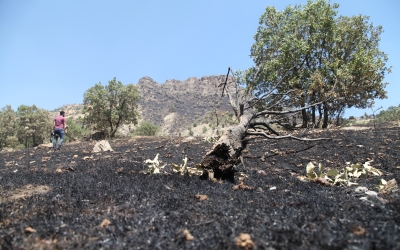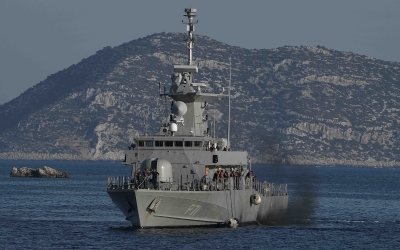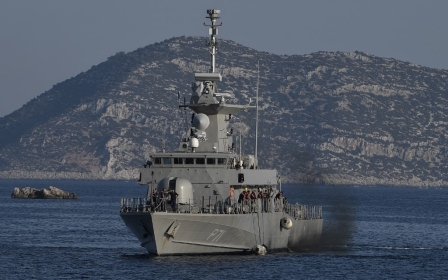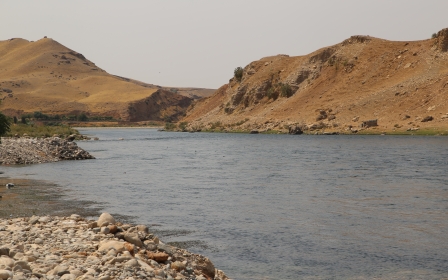Turkey and Iran vow to target PKK in joint military operations
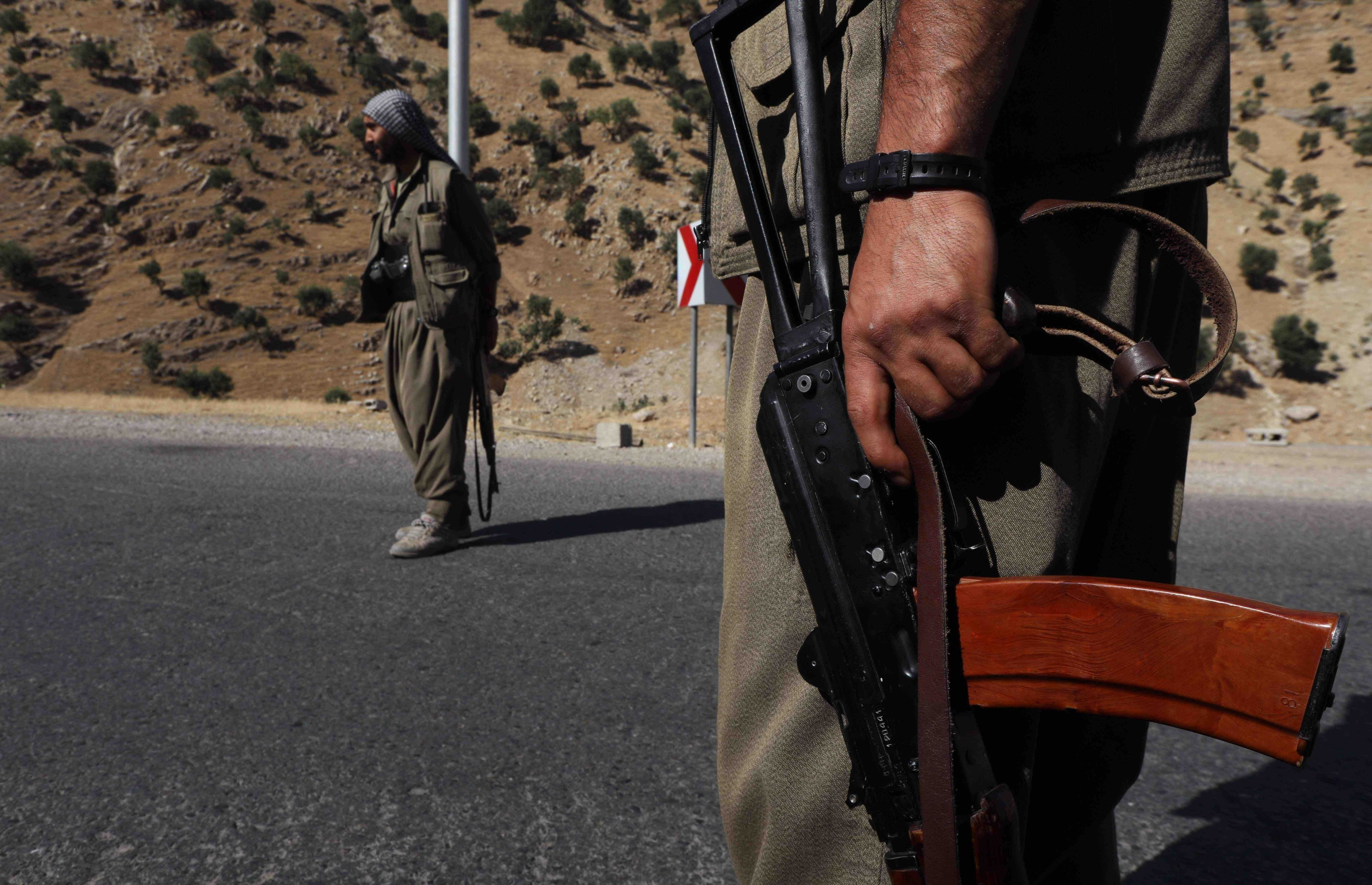
Turkey and Iran have agreed to target the Kurdistan Workers’ Party (PKK) and its affiliates in joint military operations, following high-level video conference talks attended by President Recep Tayyip Erdogan and President Hassan Rouhani.
Tuesday's statement was the first in recent years where Iran has publicly announced that it would go after the PKK and its Iranian affiliate the Kurdistan Free Life Party (PJAK) in joint operations with Ankara.
“Both sides emphasised that it is incumbent upon both countries to fully utilise the existing cooperation mechanisms against the activities of PKK/PJAK elements and the other terrorist organisations along the common borders,” said the declaration.
“And to take coordinated steps for a result-oriented cooperation, including joint operations, in countering terrorism and organised crime."
Turkey has fought a guerilla war with the PKK since 1984, when the organisation first launched its armed campaign to carve out an independent Kurdish state (it now claims to instead want greater autonomy).
PJAK was founded in 2004 as an affiliate based in Iran, which also has a significant Kurdish population.
Earlier this year, the Turkish air force struck caves and bunkers belonging to the PKK in northern Iraq. Simultaneously, Iran also shelled the targeted areas, signalling that the two countries were conducting coordinated operations to push the group out of the region.
'Cosmetic' operations
Even though the Iranian officials denied the claims, last year the Turkish Interior Ministry said on two separate occasions that the two countries were fighting the PKK together in a simultaneous operation on their respective sides.
“We are chasing PKK elements toward the border, as Iranians do the same on the other side. Both countries coordinate their efforts and simultaneously capture or kill them,” a Turkish official told Middle East Eye at the time.
In the last two years, the Turkish military has increased its foothold in northern Iraq by adding more ad-hoc bases and outposts, which first began to be established in the 1990s. Iraq's Kurdistan Regional Government (KRG), the autonomous administration in northern Iraq, has largely tolerated their presence.
Both Iran and Turkey have designated the PKK a terror group and have from time to time silently collaborated against it.
In previous years, Turkish officials often regarded Iranian operations against the PKK as “cosmetic” and as part of “political signalling” towards Turkey in order to court Ankara on certain issues.
However, recent statements suggest that Ankara now takes the Iranian initiative more seriously.
Iran and Turkey often find themselves on opposing sides of regional conflicts.
Turkey is backing the Syrian opposition against Iran-backed President Bashar al-Assad in Damascus. Ankara killed dozens of Iranian-trained militia members in the northwestern province of Idlib earlier this year.
In March, Turkey accused Iranian intelligence of having killed Iranian dissident Masoud Molavi Vardanjani last November in Istanbul.
Two senior Turkish officials told Reuters that two intelligence officers at Iran’s consulate in Turkey instigated the killing and that the government would raise the issue with Tehran.
Middle East Eye propose une couverture et une analyse indépendantes et incomparables du Moyen-Orient, de l’Afrique du Nord et d’autres régions du monde. Pour en savoir plus sur la reprise de ce contenu et les frais qui s’appliquent, veuillez remplir ce formulaire [en anglais]. Pour en savoir plus sur MEE, cliquez ici [en anglais].


